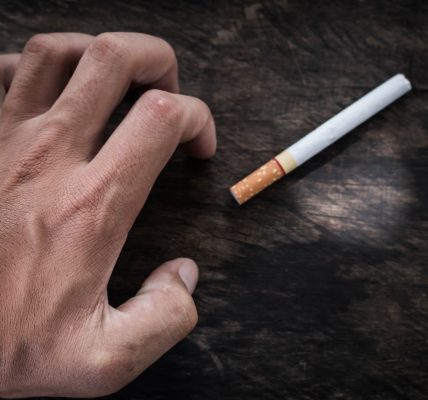Delay Discounting and Behavioral Addiction

We continue our discussion of delay discounting and addiction with a look at how delay discounting correlates with behavioral addictions such as gambling disorder, internet use disorder, and eating addiction.
We start with a systematic review and meta analysis of the scientific literature on delay discounting and behavioral addiction conducted in 2021 by an interdisciplinary team headed up by Sarah Weinsztok at the Cofrin Logan Center for Addiction Research and Treatment at the University of Kansas. They analyzed 78 studies dealing with the following disorders:
- Gambling addiction
- Internet gaming disorder
- Smartphone addiction
- Food addiction
Not surprisingly, what they found was a correlation between greater delay discounting and compulsive behavior. The correlation was stronger with internet gaming disorder and gambling addiction than it was with smartphone addiction or eating addiction. The authors do not speculate on the reason, though one suspects possible gender impacts as gaming disorders disproportionately affect males and eating disorders females.
A study of 335 patients being treated for gambling disorder in Spain found a correlation between the age of a compulsive gambler and the degree of impulsivity. It has been shown that delay discounting increases with age, as rewards in the future look less likely to transpire the older one gets. Their conclusion is the need to intervene with young gamblers:
Our findings suggest that choice impulsivity is associated with impulsive personality traits in younger-aged patients. These results point to the possible existence of differing impulsivity mechanisms in younger and older gamblers, and highlight the weight of positive and negative urgency on influencing impulsive choices in younger gamblers.
A systematic review and meta analysis of scientific research connecting delay discounting and internet addiction found the correlation strong enough that scoring on delay discounting could be used to score internet addiction. “Subjects with internet addiction had greater impulsivity,” the authors concluded, but they caution that different methods of measuring delay discounting generated very different results.
In a fascinating study published in PLOS One, 75 adults were provided with a three-month, internet-based weight loss program, then assessed every three months for a year. Each assessment measured weight, food reward sensitivity, and impulsivity. Participants lost, on average, 6 kg in the first three months and regained 2.4 kg from months 3-12. According to the study,
Results demonstrated an association between food reward sensitivity and weight. Further, decreases in both food reward sensitivity and impulsivity were observed during an initial weight loss program.
These three studies, combined with studies on substance use disorder and delay discounting presented earlier this week on AddictionNews demonstrate the need to find interventions that reduce delay discounting, especially in young persons, and chart the impact of these interventions on compulsive behavior over time.
Written by Steve O’Keefe. First published March 20, 2024.
Sources:
“Delay Discounting in Established and Proposed Behavioral Addictions: A Systematic Review and Meta-Analysis,” Frontiers in Behavioral Neuroscience, November 2021.
“Delay discounting and impulsivity traits in young and older gambling disorder patients,” Addictive Behaviors, August 2017.
“The relationship between delay discounting and Internet addiction: A systematic review and meta-analysis,” Addictive Behaviors, March 2021.
“Food reward sensitivity, impulsivity, and weight change during and after a 3-month weight loss program,” PLOS One, December 11, 2020.
Image Copyright: aaronamat.




